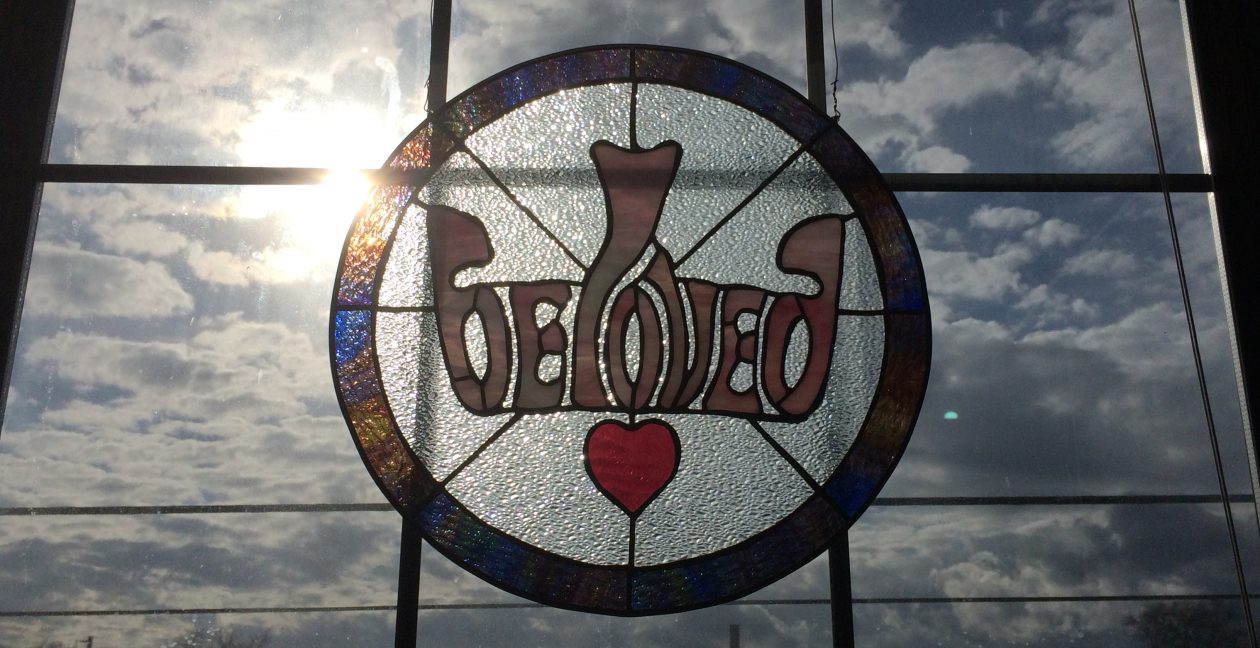
The Procession in the Streets of Jerusalem by James Tissot, 1890s
There is a lot of talk right now. A lot going on in the world. If you turn on the TV or radio; if you have Twitter, Facebook or some kind of social media; if you still receive the print newspaper or read it online – there is a lot of talk right now. March Madness for basketball fans is going strong. There has been bad weather in several places in the country lately, overturning the lives of many. And there was that terrible airplane crash in Russia over the weekend, which claimed the lives of 62 people.
I think the most noise is coming from our presidential campaign. I guess because of the unusual primary season, or unusual presidential candidates – it seems like we are bombarded with talk and events and debates and now protests and violence. And often I find myself just wanting to shut it off. I don’t care who is ahead or behind or what asinine thing was said last. I just want PEACE and QUIET.
But I also understand that some people in our nation are finding their voice, or hearing something that resonates with them. The different candidates represent different ideologies and different values. They are loud about these differences. I certainly don’t want to take away anyone’s freedom of speech. There’s just a lot of shouting, and I wonder if that’s what the Pharisees in our story from Luke were feeling when they said to Jesus, “Teacher, order your disciples to stop.”
The crowd was loud, there was already a lot going on in the city, there had been a lot of turmoil around Jesus and his followers and now this boisterous procession through the street. “Teacher, Rabbi – can’t you get them to quiet down, can’t you stop this ridiculous parade and the singing?”
But he answered, “I tell you, if these were silent, the stones would shout out.”
Now that’s a powerful image. Shouting stones.

In the Villages the Sick Were Presented to Him by James Tissot
I think Jesus gives this response because the people’s voice is so powerful here. They are finding their voice, using their voice to speak to what resonates with them as truth.
Their song is a Psalm of worship and celebration of God. These words, “blessed is the king who comes in the name of the Lord. Peace in heaven and glory in the highest heaven,” these are from Psalm 118 – which also gives us the phrase, “the stone the builders rejected has become the chief cornerstone.”
Israel was rejected, but now is finding a prominent place; we have been rejected, but the Messiah is showing us we belong, we matter. These words also tell of Jesus, the Messiah being rejected, but still he is what everything else is built on and around. Psalm 118, before it goes into the Hosannas and save us – says, “this is the day the Lord has made, let us rejoice and give thanks.” This Psalm was familiar and being shouted as worship and celebration of the Creator and the salvation that was dawning in their lives.
You may notice that some of the words shouted on this Palm Sunday were also sung by heavenly voices at Christmas. The angels from Luke chapter 2 sing “glory to God in the highest heaven, and on earth peace” when proclaiming the birth of Jesus. Babies are good news, they are hope, and their arrivals are events we celebrate – that which we can not help but be loud about.
The angels sang to the shepherds and now the common people, Jesus’ disciples are singing and shouting about Jesus’ arrival in Jerusalem, about the coming of the king. And they cannot be silent.

Pilate’s Court by James Tissot

He Went Through the Villages on the Way to Jerusalem by James Tissot

Jesus Heals the Two Blind Men at Jericho by James Tissot
And along with this celebration and the protest, the disciples are giving voice to a revelation/revolution. In several places in the gospels, a few times in Luke, but mostly in Mark, when Jesus does a miracle, heals someone, shows his depth of power, he says, “tell no one about this.” This theme is known as the Messianic Secret and is understood that Jesus wasn’t to be identified as the Messiah until all the pieces came together.
And on Holy Week, the events that happen in Jerusalem, the pieces are coming together. The people are understanding that Jesus is the Messiah, and what it means to be the Messiah. So this procession is a revelation of God in Christ, he is King.

The Death of Jesus by James Tissot
What are we bold enough to rise up and protest?
What might we reveal about God in our actions as followers?
Is it the kingdom of Christ? Is it the power and love of God which stretches to reach each soul and leaves no one behind or outside? Is it the radical ways then and now Jesus taught, healed and welcomed the oppressed and broken?
Is it a voice just for us – our bottom line, our tax refunds, our needs and desires – or does it include others, especially those with little power?
What are we shouting and singing for? What are we making noise about? Who are we proclaiming has the truth? And if we are being quiet about Jesus’ way – then who will lift their voice?
Will we leave it to the stones?
–Sermon by Rev. Emily Freeman Penfield, Senior Pastor at Woodlawn United Methodist Church in Birmingham, AL
Preached at Beloved Community Church on Palm Sunday, March 20, 2016
